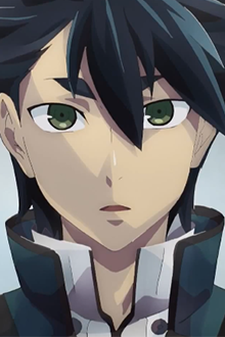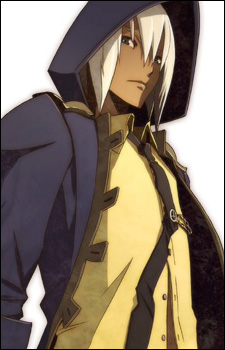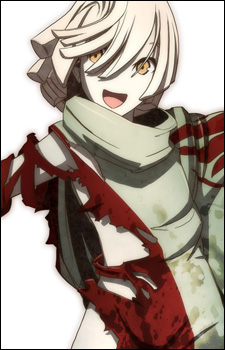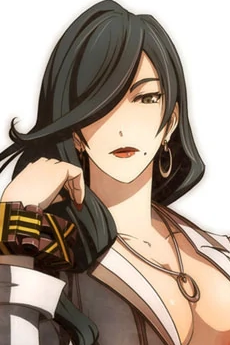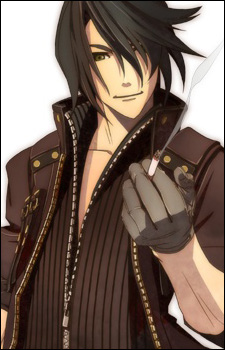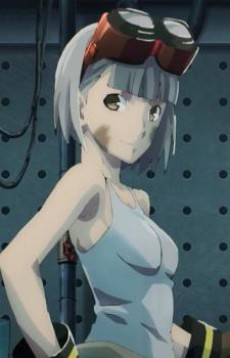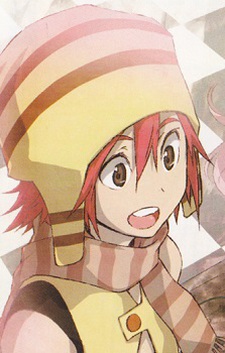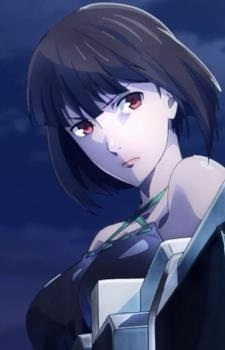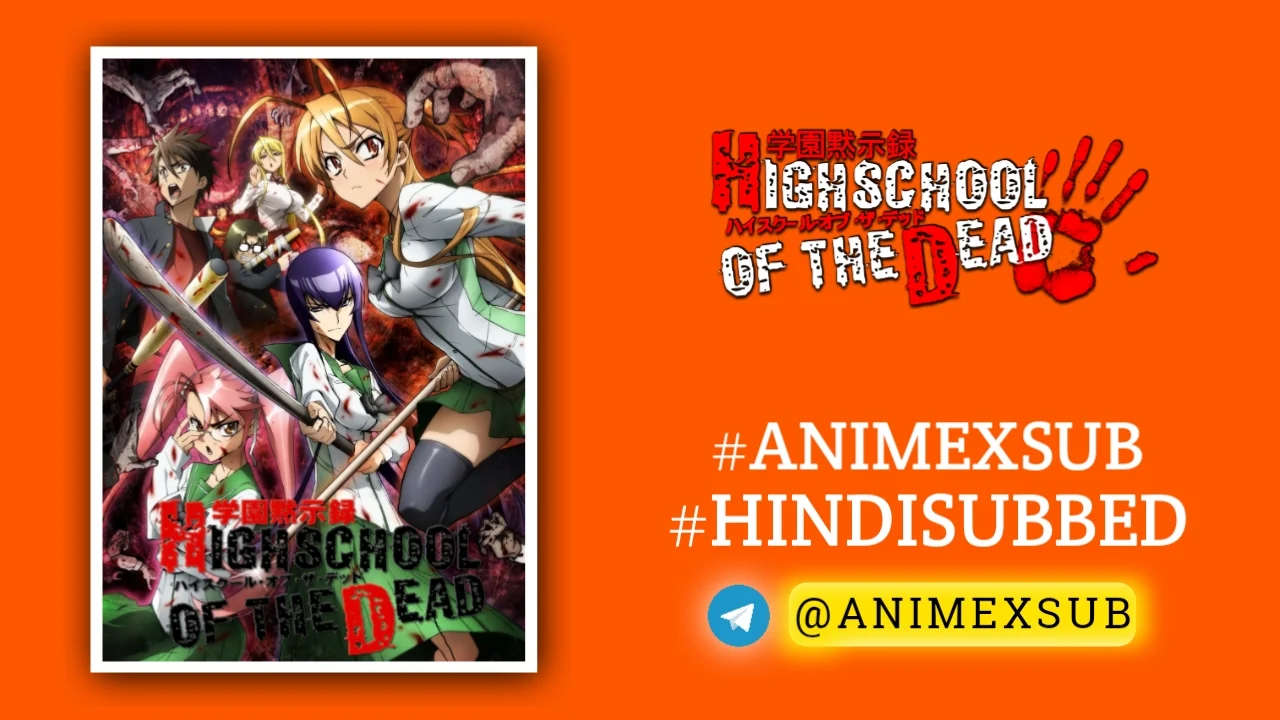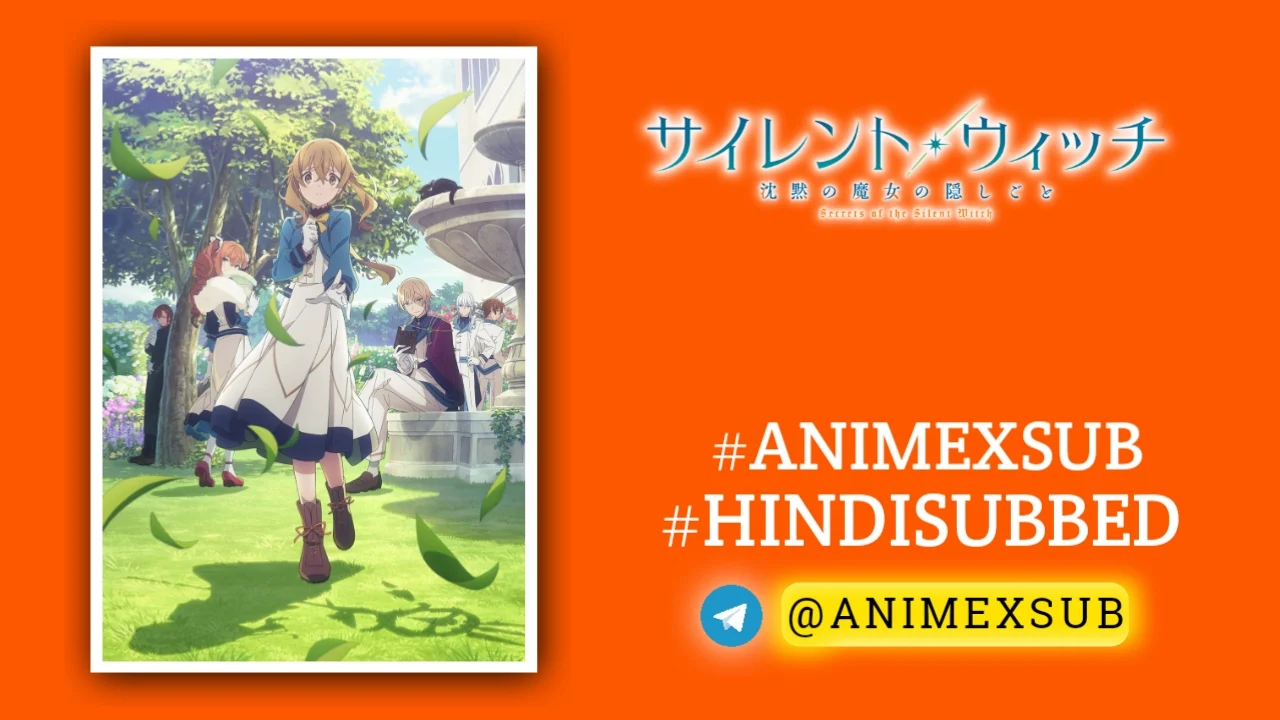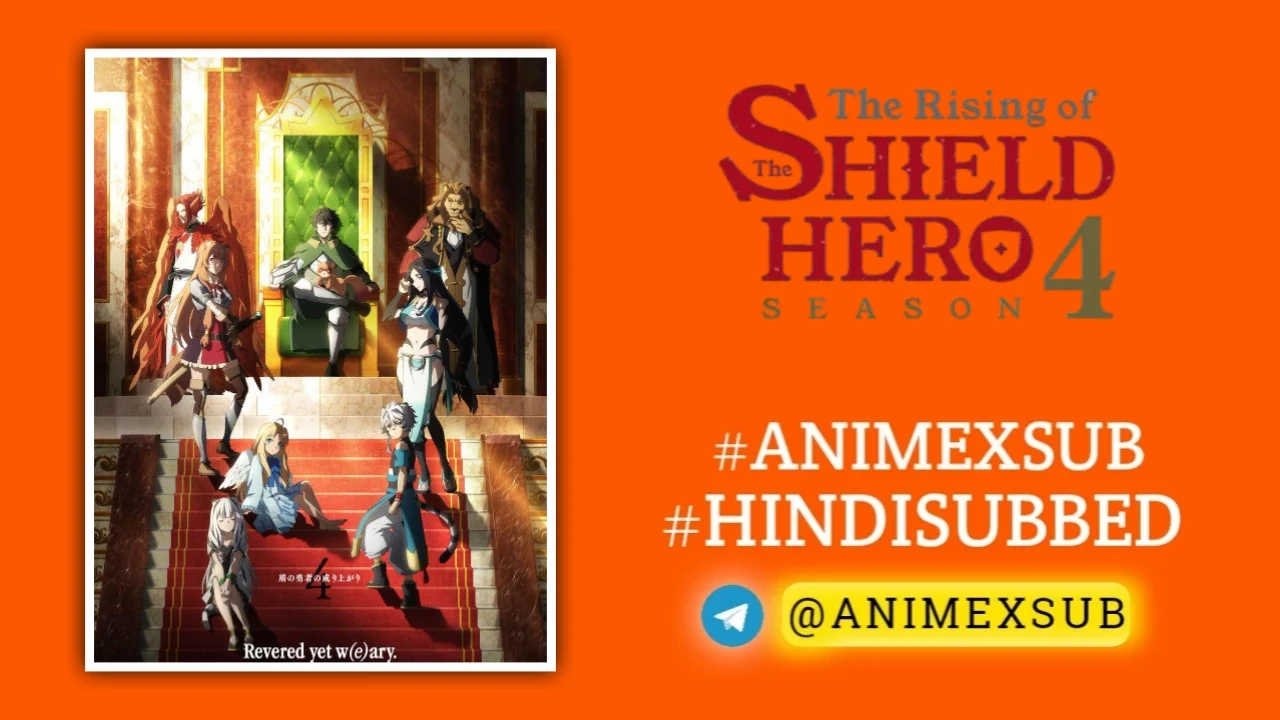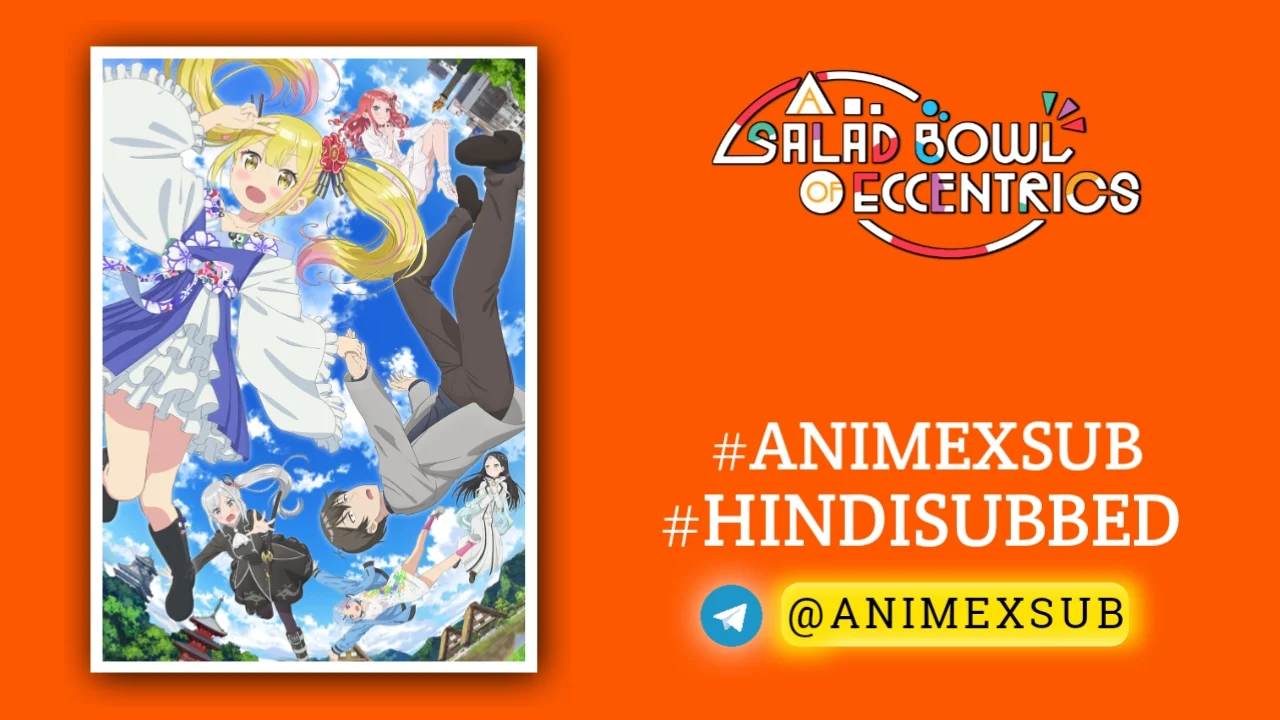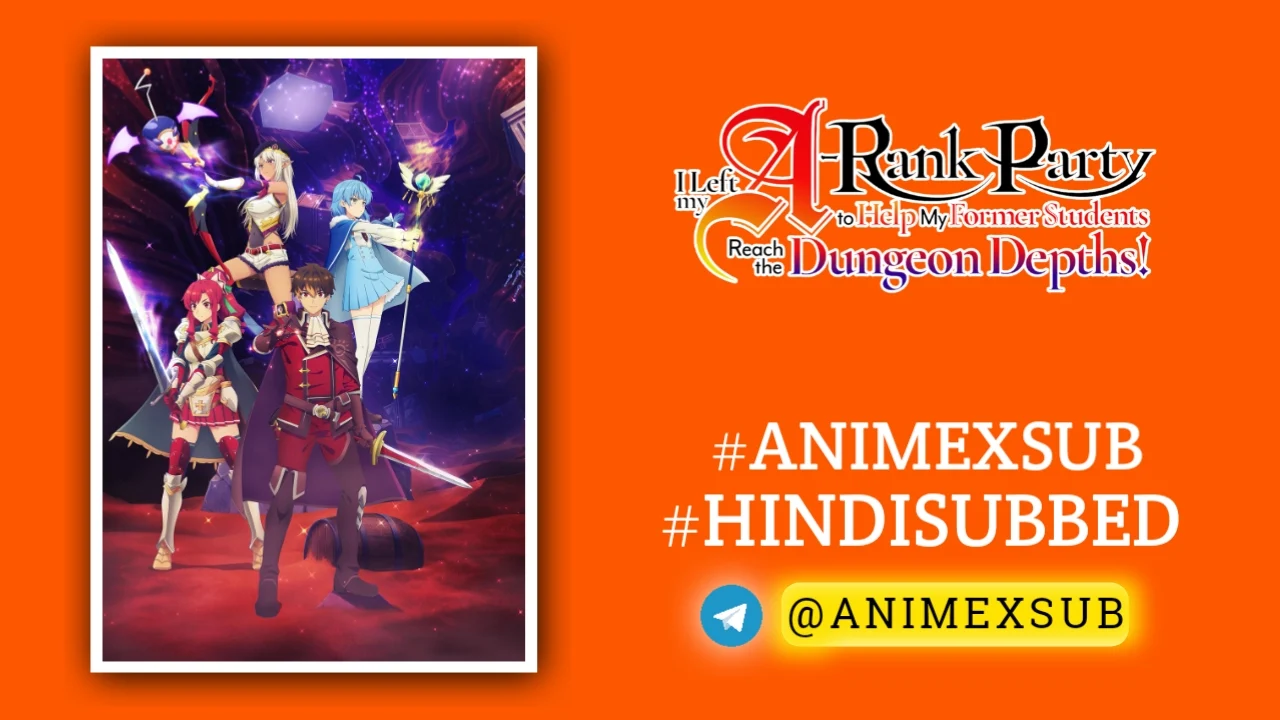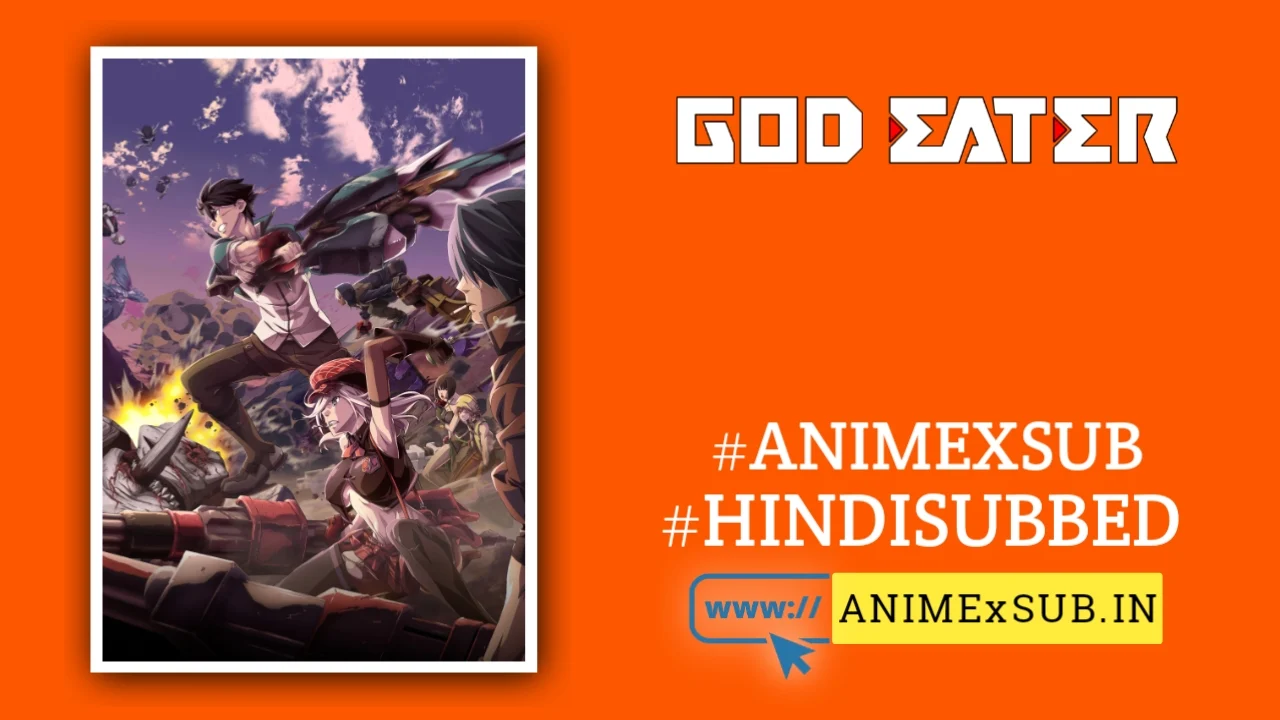
God Eater Season 1 Hindi Subbed [13/13] {Complete}
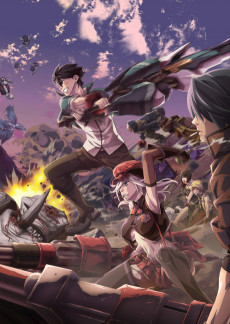
GOD EATER
God EaterSynopsis
The Far East, 2071. The domain of the mad gods. In the early 2050s, unknown life forms called “Oracle cells” begin their uncontrolled consumption of all life on Earth. Their ravenous appetite and remarkable adaptability earn them first dread, then awe, and finally the name “aragami”. In the face of an enemy completely immune to conventional weapons, urban civilization collapses, and each day humanity is driven further and further toward extinction. One single ray of hope remains for humanity. Following the development of “God Arcs”—living weapons which incorporate Oracle cells—their wielders are organized into an elite force. In a world ravaged by mad gods, these “God Eaters” fight a desperate war... (Source: Daisuki)
Watch Trailer
Characters
God Eater Season 1: A Visceral Dive into a Post-Apocalyptic Anime Masterpiece
In the crowded landscape of post-apocalyptic anime, God Eater Season 1, which aired in 2015, carves out a distinct niche with its blend of high-octane action, haunting world-building, and a surprisingly introspective take on humanity’s struggle for survival. Adapted from Bandai Namco’s action RPG series by Studio Ufotable, this 13-episode series transforms the game’s loose narrative framework into a gripping, visually stunning exploration of sacrifice, identity, and resistance against overwhelming odds. While not without its flaws, God Eater Season 1 delivers a unique experience that transcends its video game roots, offering a compelling, if incomplete, story that lingers long after the credits roll.
A World Devoured: The Setting and Premise
Set in 2071, God Eater unfolds in a ravaged world where humanity teeters on the brink of extinction, hunted by monstrous beings known as Aragami. These creatures, born from mysterious “Oracle Cells,” are immune to conventional weapons and consume everything in their path. The remnants of civilization huddle within fortified cities under the protection of Fenrir, an organization that deploys elite warriors called God Eaters. Armed with God Arcs—biomechanical weapons that fuse human DNA with Oracle Cells—these fighters are humanity’s last hope against the Aragami’s relentless onslaught.
The anime introduces Lenka Utsugi, a newly recruited God Eater with a “New-Type” God Arc capable of switching between blade and gun forms, a departure from the game’s silent protagonist. Lenka’s journey from a reckless, vengeance-driven rookie to a figure grappling with the weight of leadership forms the emotional core of the series. The story weaves together themes of survival, camaraderie, and the ethical dilemmas of wielding power derived from the very monsters threatening humanity.
Strengths: Where God Eater Shines
1. Ufotable’s Visual Spectacle
Studio Ufotable’s reputation for breathtaking animation is on full display in God Eater. The series combines hand-drawn character designs with CGI for the Aragami and God Arcs, creating a dynamic contrast between the human and monstrous elements. The action sequences are fluid and visceral, with each swing of a God Arc or devouring bite from an Aragami rendered in meticulous detail. The particle effects, lighting, and environmental destruction—such as crumbling cityscapes and desolate wastelands—immerse viewers in a world that feels both alien and painfully real.
The Aragami themselves are a highlight, their grotesque yet majestic designs drawn from mythological and biological inspirations. From the lion-like Vajra to the towering Dyaus Pita, each creature exudes a palpable sense of menace, their otherworldly presence amplified by Ufotable’s ability to blend CGI with traditional animation seamlessly. The show’s aesthetic captures the chaotic beauty of a world in collapse, making every battle a visual feast.
2. Character Depth Beyond the Game
Unlike the game’s surface-level characters, the anime fleshes out its cast with emotional nuance. Lenka, while initially appearing as a clichéd, hot-headed protagonist, evolves through his failures and losses, grappling with the cost of his single-minded quest to eradicate the Aragami. His interactions with teammates like Alisa Ilinichina Amiella, a skilled but traumatized God Eater, and Lindow Amamiya, the charismatic team leader, reveal layers of vulnerability and resilience.
The supporting cast, including the stoic Soma Schicksal and the optimistic Sakuya Tachibana, benefits from expanded backstories that explore their motivations and burdens. A standout is the flashback episode delving into Soma’s origins and the tragic history of Fenrir’s scientists, which adds a layer of moral complexity to the organization’s mission. These character-driven moments elevate God Eater above typical action anime, grounding its spectacle in human stakes.
3. Thematic Ambition
God Eater doesn’t shy away from heavy themes. The fusion of human and Oracle Cell DNA raises questions about what it means to be human, as God Eaters risk losing themselves to the very power they wield. The series critiques the desperation of a society willing to sacrifice its humanity for survival, with Fenrir’s authoritarian control and secretive experiments hinting at a darker agenda. These themes, while not fully explored in Season 1, set the stage for a narrative that challenges the black-and-white morality of monster-hunting tales.
The show also excels in portraying the fragility of hope. Moments of camaraderie—shared meals in Fenrir’s base, quiet conversations amidst the chaos—contrast sharply with the ever-present threat of death, creating a poignant tension that resonates throughout the series.
Weaknesses: Where God Eater Stumbles
1. Pacing and Structural Issues
God Eater’s production faced challenges, including a week-long delay for the first episode and a split-cour release, with the final four episodes airing in March 2016. This disjointed schedule mirrors the uneven pacing within the series. The early episodes spend significant time on world-building, which, while necessary, can feel sluggish, with prolonged scenes of exposition and static character interactions. The show’s momentum picks up significantly after episode 4, but the slow start risks alienating viewers expecting immediate action.
The cliffhanger ending is another point of contention. Season 1 concludes with the defeat of a major Aragami, Dyaus Pita, but leaves numerous plot threads unresolved, including Lenka’s fate and Fenrir’s true intentions. While this reflects the anime’s ambition to set up a larger story, the lack of closure frustrates viewers, especially since a second season has never materialized.
2. Lenka’s Clichéd Beginnings
Lenka’s character, while improved from the game’s blank slate, starts as a derivative of shonen protagonists like Attack on Titan’s Eren Yeager. His initial obsession with killing Aragami and tendency to rush into danger without strategy feel formulaic, and his vague backstory—hinted at through brief flashbacks—lacks the depth needed to fully engage viewers early on. While Lenka grows more compelling as the series progresses, his early episodes can test the patience of those tired of the “angry teen hero” archetype.
3. Underdeveloped Supporting Elements
The music, composed by Go Shiina, is a mixed bag. While the opening theme, “Feed A” by Oldcodex, captures the series’ raw energy, the background score often leans on generic rock guitar riffs that clash with the emotional weight of key scenes. Similarly, the voice acting, particularly in the English dub, can feel overly dramatic, with Lenka’s shouts and Alisa’s angst occasionally veering into caricature.
Some supporting characters, like the scientists and Fenrir’s higher-ups, receive less development than deserved, leaving their motivations opaque. The show’s attempt to juggle multiple plotlines—Lenka’s growth, Alisa’s trauma, and the broader conspiracy—sometimes results in rushed or underdeveloped subplots.
Unique Elements: What Sets God Eater Apart
What makes God Eater Season 1 stand out is its refusal to be just another monster-hunting anime. Unlike Monster Hunter or even Attack on Titan, which it’s often compared to, God Eater emphasizes the sci-fi horror of its premise. The Aragami aren’t just beasts; they’re manifestations of a biological catastrophe, their Oracle Cells a reminder of humanity’s hubris in tampering with nature. This gives the series a distinct flavor, blending post-apocalyptic despair with biotechnological dread.
The concept of the God Arc itself is a stroke of originality. These weapons, which transform from swords to guns to monstrous maws, are both tools and burdens, their connection to Oracle Cells making their wielders both saviors and potential monsters. The anime’s depiction of “devouring”—where God Eaters bite into Aragami to gain power—adds a visceral, almost primal layer to the combat, setting it apart from the more conventional battles in similar series.
Moreover, God Eater’s willingness to adapt the game’s thin narrative into something richer is commendable. By giving Lenka a personality and expanding the cast’s backstories, Ufotable crafts a story that feels like a natural extension of the source material while standing on its own. The decision to end on a cliffhanger, while risky, reflects a confidence in the story’s potential to grow beyond a single season, even if that potential remains unfulfilled.
Critical Reception and Legacy
Reviews of God Eater Season 1 are polarized, reflecting its ambitious but flawed execution. On MyAnimeList, fans praise the animation and action but criticize the pacing and incomplete story. IGN’s review of the first episode notes the “unique animation and nuance” but calls out Lenka’s clichéd characterization and awkward pacing. IMDb users highlight the engaging characters and music but lament the lack of a second season to resolve the story. A MyAnimeList review from 2025 praises Ufotable’s adaptation for adding depth to the game’s characters, calling it “severely underrated” despite its abrupt ending.
The series’ legacy is bittersweet. Its stunning visuals and bold adaptation choices make it a standout in the video game anime genre, yet its unresolved narrative leaves fans yearning for more. The comparison to Attack on Titan is inevitable, given the similar premise of humanity fighting monstrous foes, but God Eater distinguishes itself with its sci-fi edge and focus on biotechnological horror, offering a faster-paced, more stylized alternative.
Final Verdict
God Eater Season 1 is a flawed but captivating journey into a world where humanity’s survival hinges on embracing the monstrous. Its breathtaking animation, deepened character arcs, and bold thematic ambitions make it a must-watch for fans of post-apocalyptic anime and action RPG adaptations. However, its uneven pacing, derivative protagonist, and lack of closure temper its brilliance, leaving it as a gem that shines brightest for those willing to overlook its rough edges.
For viewers new to the God Eater universe, the anime serves as an accessible entry point, requiring no prior knowledge of the games. For fans of the franchise, it’s a love letter to the source material, elevating its characters and world in ways the games never could. While it may not reach the heights of Ufotable’s Fate series or Demon Slayer, God Eater Season 1 remains a powerful, underappreciated addition to the anime landscape, its unfinished story a haunting reminder of what could have been.
Score: 8/10
Strengths: Stunning animation, deepened characters, unique sci-fi horror elements.
Weaknesses: Slow start, unresolved ending, clichéd protagonist early on.
Recommended for: Fans of action-packed anime, post-apocalyptic stories, and video game adaptations who can embrace an incomplete narrative for its visual and emotional highs.
Support Our Anime Community!
Love watching the latest anime? Help us keep uploading new episodes by join telegram channel ❤️
Join Now!
